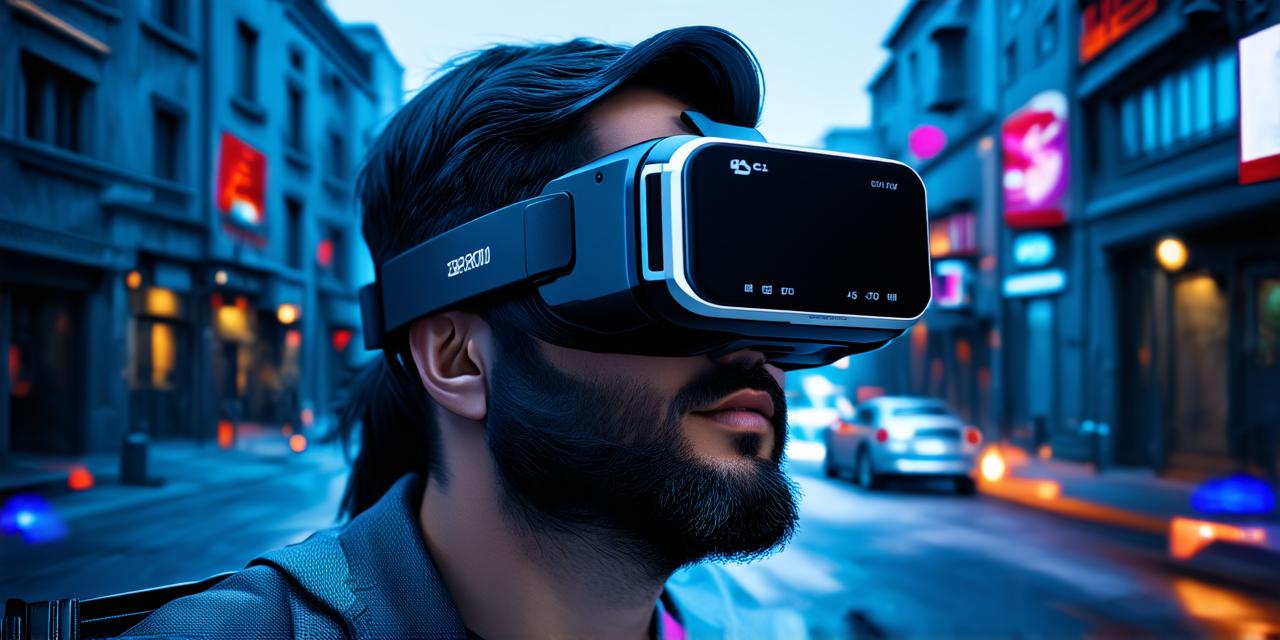
When will virtual reality become accessible?
Virtual reality (VR) is a rapidly evolving technology that has been around for several decades. However, it’s only in recent years that VR has become more accessible to the general public.
While there have been significant advancements in VR hardware and software, there are still some challenges that need to be overcome before VR becomes widely adopted.
One of the main challenges facing VR is its high cost. VR systems can be quite expensive, with prices starting at around $300 for a basic headset. This can be a barrier for many people who want to try out VR but don’t have the disposable income to purchase a system.
However, as technology advances and production costs decrease, we can expect VR systems to become more affordable over time.
Another challenge facing VR is its lack of content. While there are some great VR games and experiences available, there isn’t yet a wide range of options for users to explore. This can be frustrating for people who want to dive into the world of VR but don’t have anything to do or see once they get there.
As more developers create VR content, we can expect this issue to become less of a problem.
Finally, there are some practical challenges facing VR that need to be overcome before it becomes widely adopted. For example, motion sickness is a common issue for many people when using VR, and can make the experience uncomfortable or even nauseating. However, as developers continue to improve VR technology, we can expect these issues to become less common over time.
Despite these challenges, there are some signs that VR is becoming more accessible in the near future. For example, some companies are starting to develop VR-enabled smartphones and tablets, which could make it easier for people to try out VR on their existing devices.
Additionally, as more companies invest in VR technology, we can expect to see more advancements in both hardware and software that will make VR more accessible and enjoyable for everyone.
In conclusion, while there are still some challenges facing VR, there are also signs that it’s becoming more accessible in the near future. As technology continues to improve and production costs decrease, we can expect VR to become a mainstream technology that changes the way we interact with the world around us.
FAQs:

Q: What are some of the challenges facing VR?
A: High cost, lack of content, practical challenges such as motion sickness.
Q: How can we expect VR to become more accessible in the near future?
A: Improvements in technology, decreasing production costs, development of VR-enabled smartphones and tablets.


